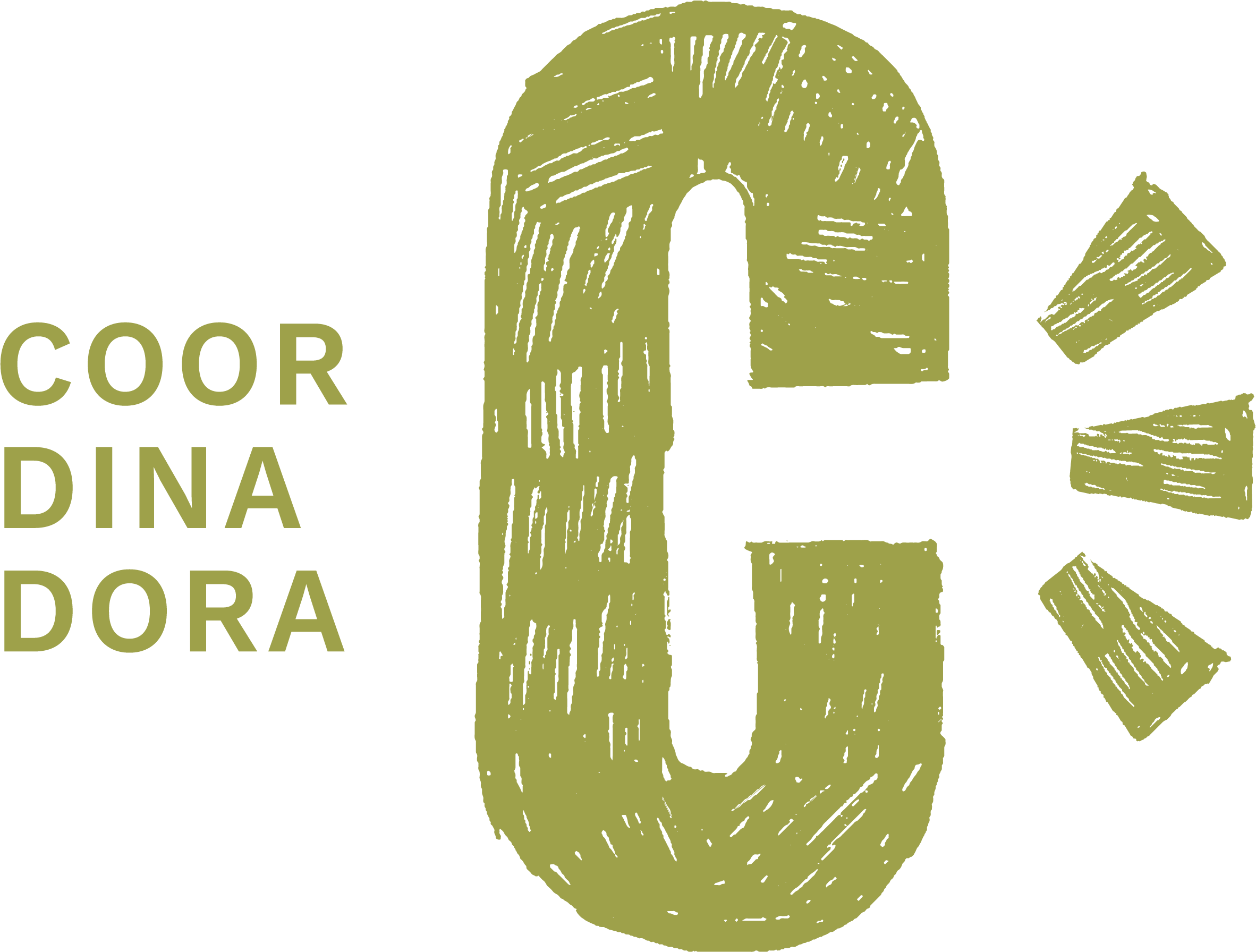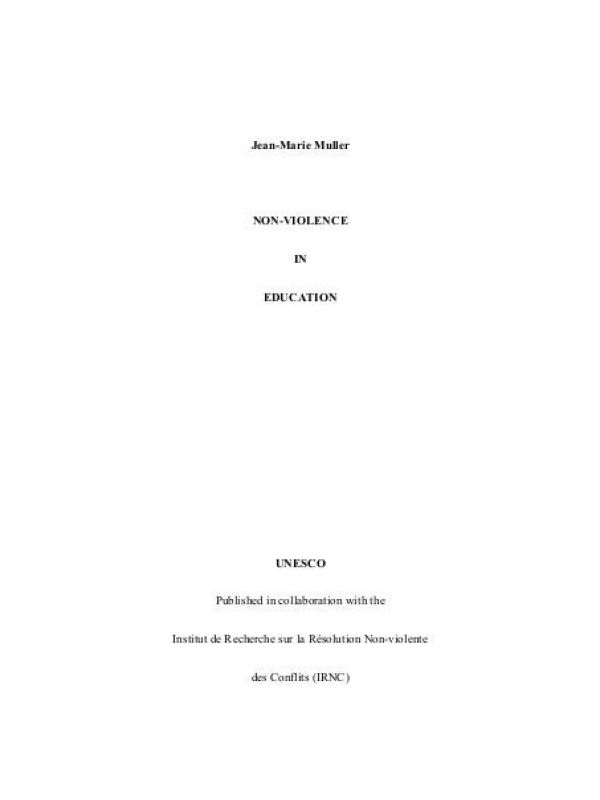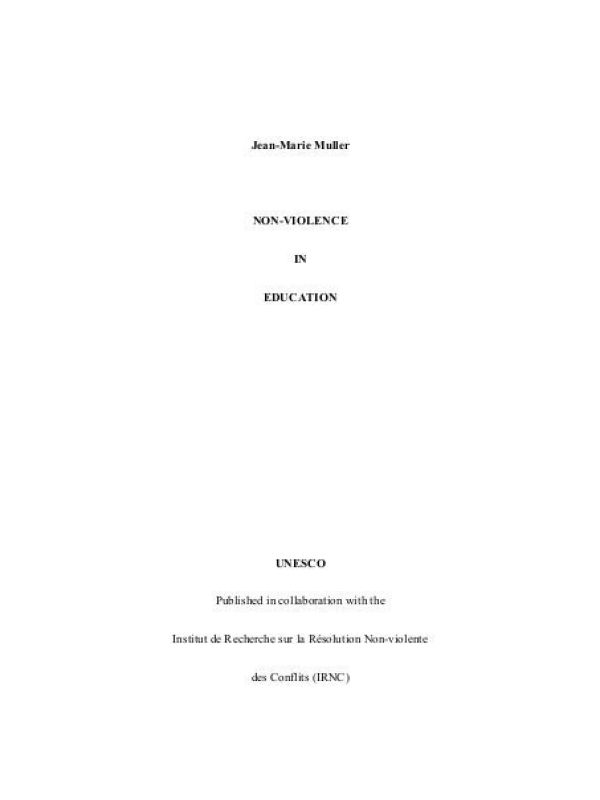Non-violence in Education
The preventive action that it is UNESCO’s mission to promote through education, science and culture is still very far from being fixed in people’s minds and from finding concrete expression. Many regard the substitution of a culture of peace for a culture of violence as a Utopian ideal. Yet it is well known that violence, fuelled by common ignorance, often stems from the rejection of others and the fear and even hatred of differences. It pits individuals, groups and cultures against one another, leading to withdrawal and escalating aggression. A healthy and balanced awareness of otherness, on the other hand, can be achieved only through peaceful dialogue.
Education is therefore fundamental to peace-building. Education for peace, human rights and democracy is inseparable from a style of teaching that imparts to the young, and the not so young, attitudes of dialogue and non-violence – in other words, the values of tolerance, openness to others and sharing. In publishing this text, Non-violence in Education, UNESCO is seeking to enhance knowledge of and insight into the basic concepts of peace and non-violence in many regions and countries around the world. The definitions and philosophical thoughts developed here by Jean-Marie Muller will, I am sure, be very useful to teachers — those day-to-day “builders of peace” — and schoolchildren, and also to a wider audience.








